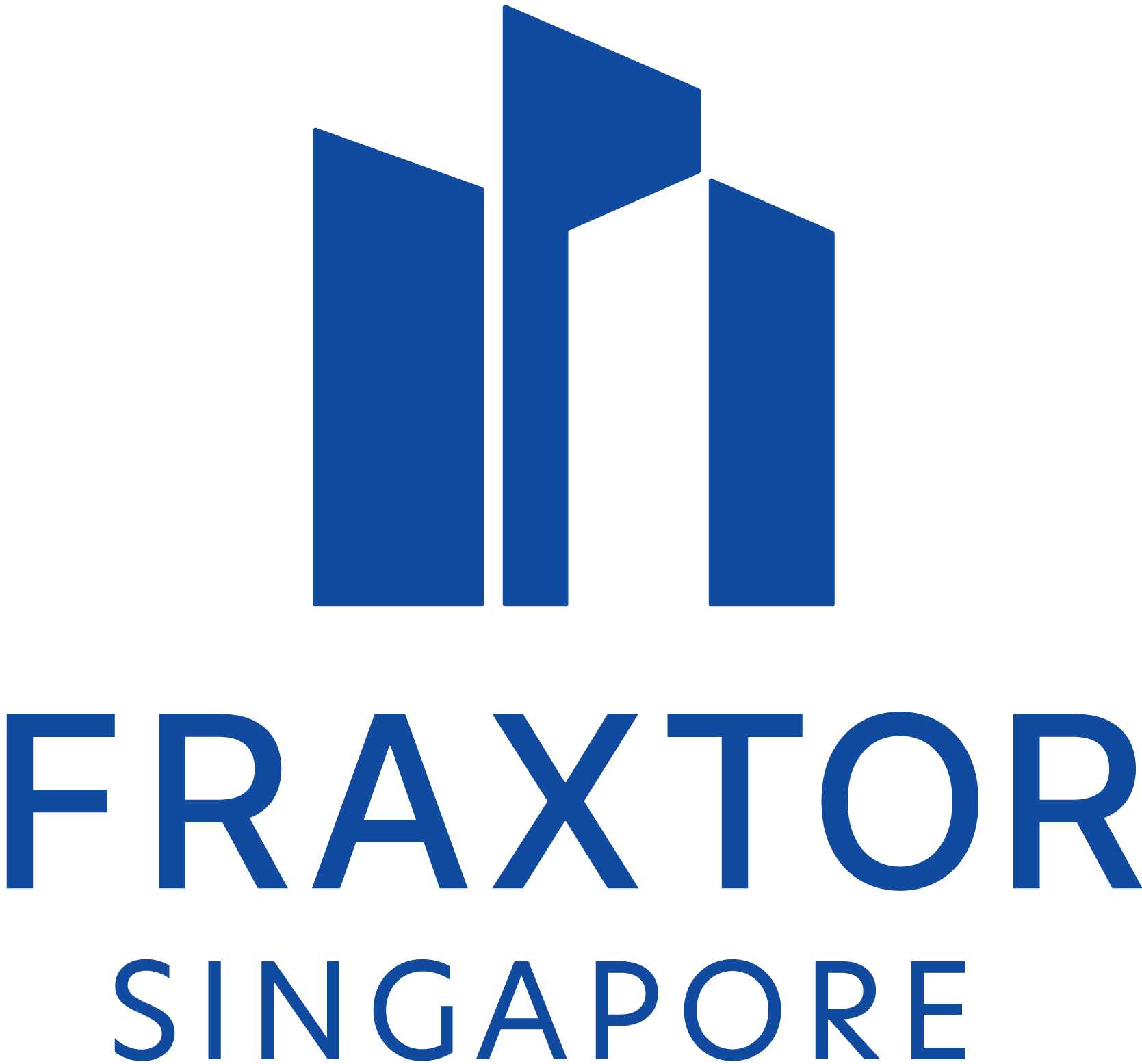Important Regulatory Disclosures
Is Fraxtor related to FRX Capital?
Fraxtor Private Limited and FRX Capital Private Limited are separate legal entities. The Fraxtor Platform is owned and operated by Fraxtor Private Limited. FRX Capital Private Limited is an unregulated Fund Management Company.
Fraxtor Private Limited and FRX Capital Private Limited shares common ultimate shareholders.
Is Fraxtor regulated or licensed in Singapore?
Fraxtor Private Limited is licensed by the Monetary Authority of Singapore for Dealing in Capital Markets Products that are securities and units in a collective investment scheme.
What does it mean to opt in as an Accredited Investor?
Accredited investors are assumed to be better informed, and better able to access resources to protect their own interests, therefore they require less regulatory protection. Investors who agree to be treated as accredited investors will forgo the benefit of certain regulatory safeguards that apply to retail investors.
For example, issuers of securities are exempted from issuing a full prospectus registered with the Monetary Authority of Singapore in respect of offers that are made only to accredited investors, and intermediaries are exempted from a number of business conduct requirements when dealing with accredited investors. Investors should consult a professional adviser if they do not understand any consequence of being treated as an accredited investor.

